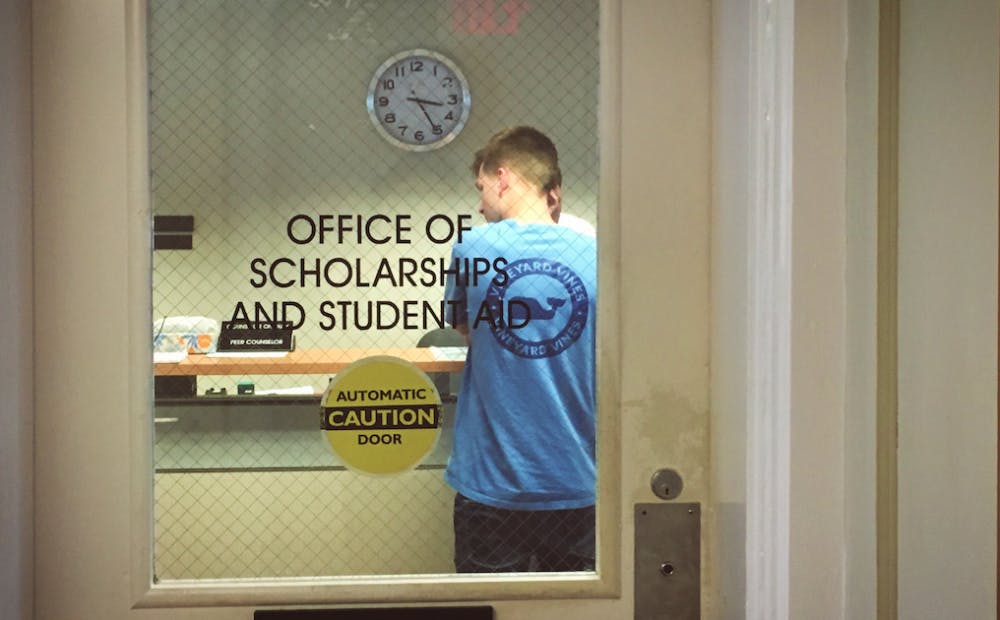UNC, one of the best-valued public schools across the nation, credits its low default rate of student loans to its accessible financial aid program, lower borrowing rates and low cost of tuition.
The default rate of student loans for the class of 2013 that just graduated from UNC is at 1.5 percent, among the lowest in the nation. The national average in FY 2013 was 11.3 percent.
College graduates owe around $1.4 trillion in student loans, a scene which is reminiscent of what happened during the subprime mortgage crisis in 2008.
But the situation could worsen. Default rates for students who first received federal loans in 2004 will reach almost 40 percent by 2023 following the current trend, according to a report from the Brookings Institution.
This trend, however, is not observed at UNC. For the fiscal years 2008-2013, the Department of Education reported UNC’s average default rate for new borrowers of the Federal Perkins Loan went into default at 6.44 percent, compared to the national average of 10.15 percent. The Federal Perkins Loan, a campus-based loan program, is one of the two student loans offered at UNC. Both type of loans are awarded by the Office of Scholarships and Student Aid based on the student's FAFSA information.
Eric Johnson, the assistant director of policy and communications at the Office of Scholarships and Student Aid, said the main factor contributing to the low default rate was the high amount of financial aid and scholarships offered at UNC, which replace student loans.
“About 70 percent of our aid to undergrads is in the form of grants and scholarships, and only 30 percent in the form of loans,” Johnson said. “That’s a complete inverse of the national norm, and we’re really proud of that.”
Borrowing rates at Carolina are significantly lower than the national average due to programs like Carolina Covenant, which offers a debt-free education to qualified low-income students. Average borrowing at UNC is almost $10,000 below the national average, and only 2 in 5 graduating seniors carry any debt.
“For those who don’t qualify for the Covenant, we try to provide most financial aid in the forms of grants and scholarships, not loans,” said Janet Kelly-Scholle, the associate director of the Office of Finance and Operations.




